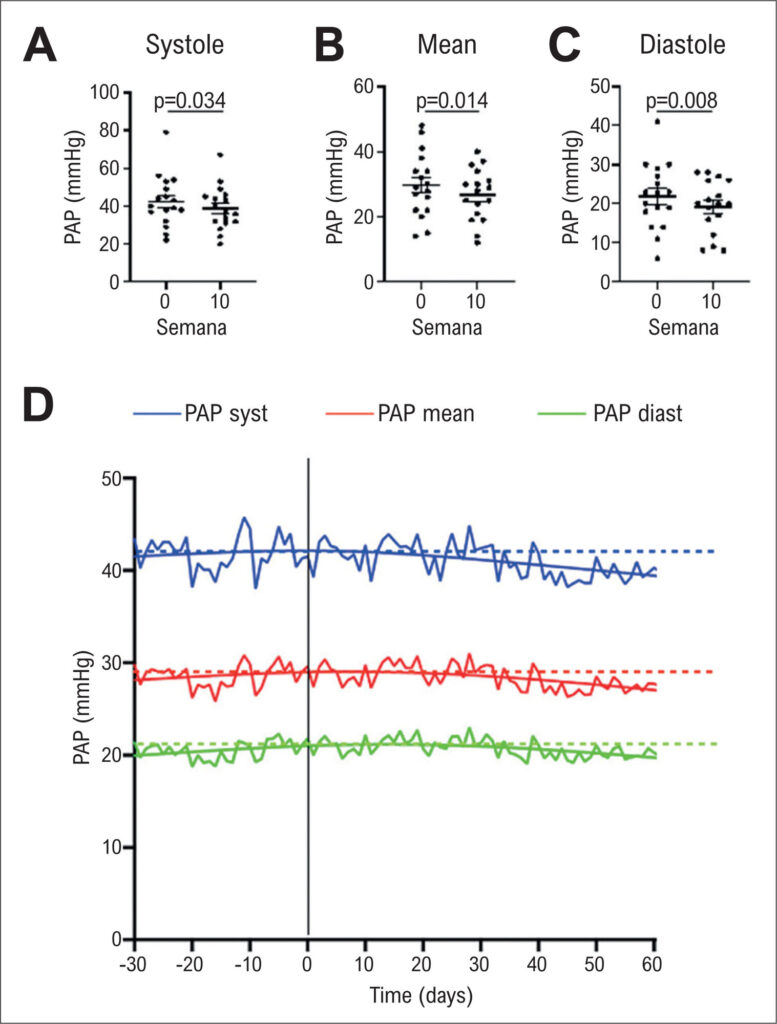ABC Heart Fail Cardiomyop 2022; 2(2): 195-197
Is There Room for New Drugs in the Treatment of Advanced Heart Failure: SGLT2i?
Over the last years, we have witnessed the inclusion of the use of sodium-glucose cotransporter 2 inhibitors (SGLT2i) for the treatment of patients with heart failure. Drugs in this group share the fact that they are able to inhibit glucose transport in the proximal tubule and thus promote glycosuria and blood glucose reduction in patients with diabetes. Other effects of these medications include increasing diuresis and natriuresis, lowering blood pressure, stimulating erythropoiesis, improving cardiac energy metabolism, reducing inflammation, inhibiting the sympathetic nervous system, preventing cardiac remodeling, preventing ischemia-reperfusion injury, inhibiting the Na+/H+ exchanger, reducing hyperuricemia, increasing autophagy and lysosomal degradation, decreasing epicardial fat, increasing erythropoietin levels, increasing circulating vascular progenitor cells, decreasing oxidative stress, and improving vascular function.
SGLT2i were initially tested for glycemic control in patients with diabetes mellitus,– and it was quickly noted that, in addition to their antidiabetic effect, these drugs were able to significantly reduce cardiovascular events, especially episodes of decompensated heart failure. Based on these results, the natural sequence was to evaluate SGLT2i in patients with heart failure. The initial results obtained were among patients with heart failure with reduced ejection fraction, with the DAPA-HF (evaluating dapagliflozin) and EMPEROR-Reduced (evaluating empagliflozin) studies, which showed that inhibition of sodium-glucose cotransporter 2 (SGLT2) reduced the combined risk of cardiovascular death or hospitalization due to heart failure in patients with heart failure with reduced ejection fraction, with or without diabetes. More recently, we have seen positive results in the context of heart failure with preserved ejection fraction, although the effects of medication have mainly focused on the group of patients with slightly reduced ejection fraction.
[…]
Keywords: Blood Vessels; Heart Failure; Prognosis
389


